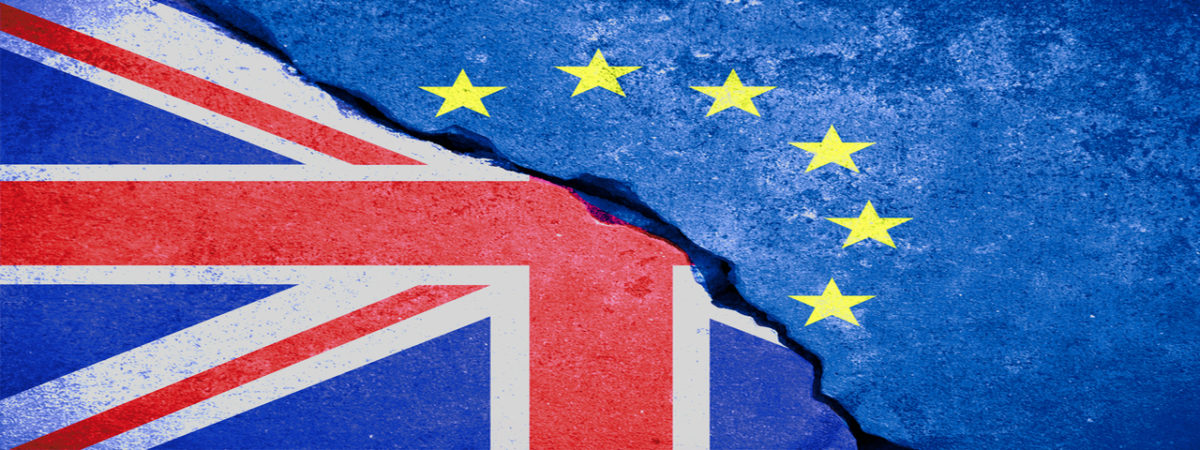A fizzy drinks tax would be both regressive and ineffective
SUGGESTED


Plain packaging would be good news for criminal underworld

IEA responds to BMJ proposal for a sugary drinks tax
“While Britons struggle with higher energy bills and rising living costs, wealthy doctors have devised yet another way of picking our pockets. This stealth tax will cost ordinary people several million pounds a year and have a negligible effect on our waistlines.
“A similar attempt to tax saturated fat in Denmark last year was a political and economic fiasco. It was swiftly repealed. These sort of taxes are ineffective, unpopular and regressive.”
Notes to editors:
To arrange an interview please contact Stephanie Lis, Director of Communications: 020 7799 8909, slis@iea.org.uk
The BMJ’s study on sugary drinks and obesity can be downloaded from www.bmj.com.
The mission of the Institute of Economic Affairs is to improve understanding of the fundamental institutions of a free society by analysing and expounding the role of markets in solving economic and social problems.
The IEA is a registered educational charity and independent of all political parties.



